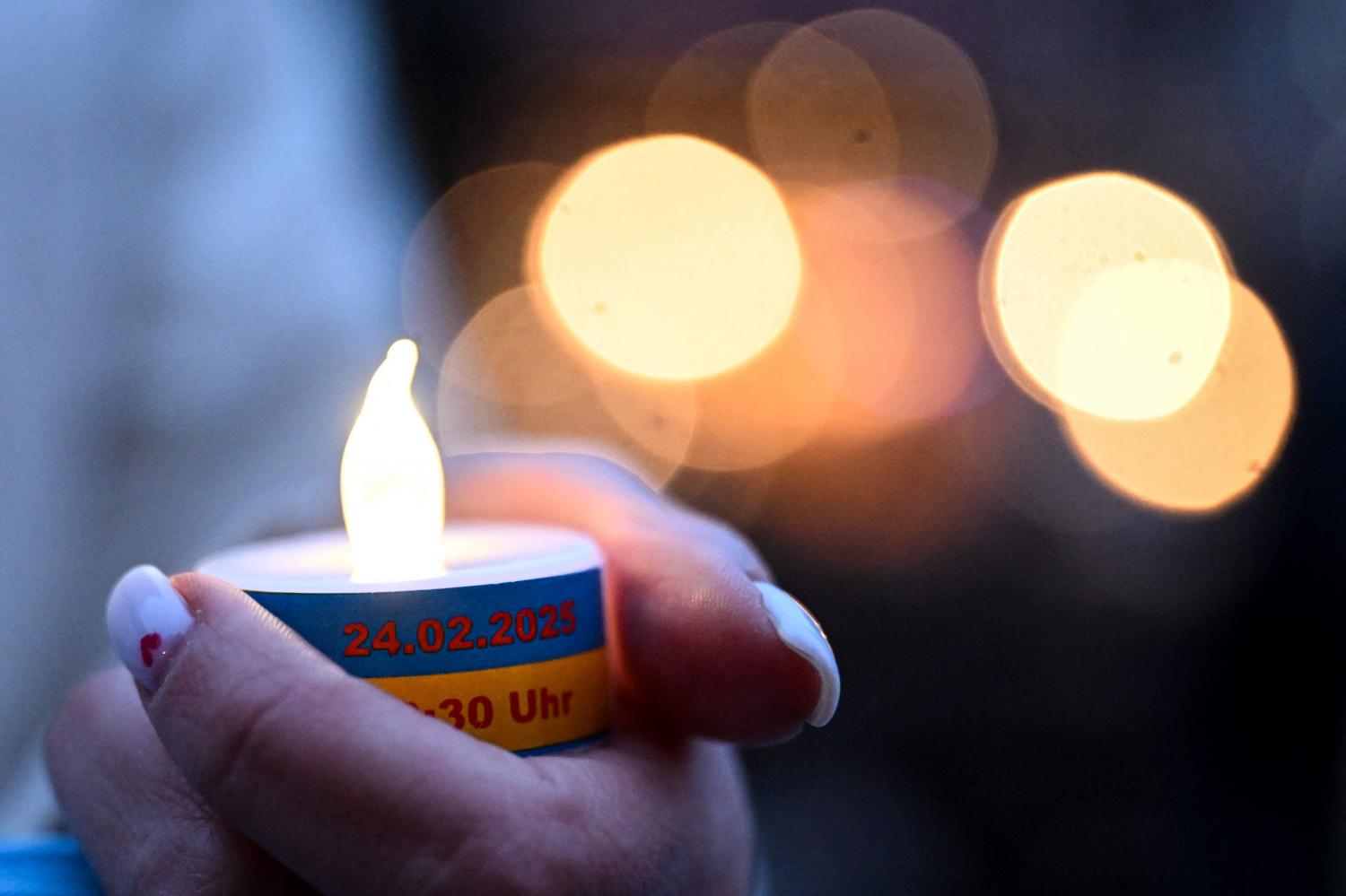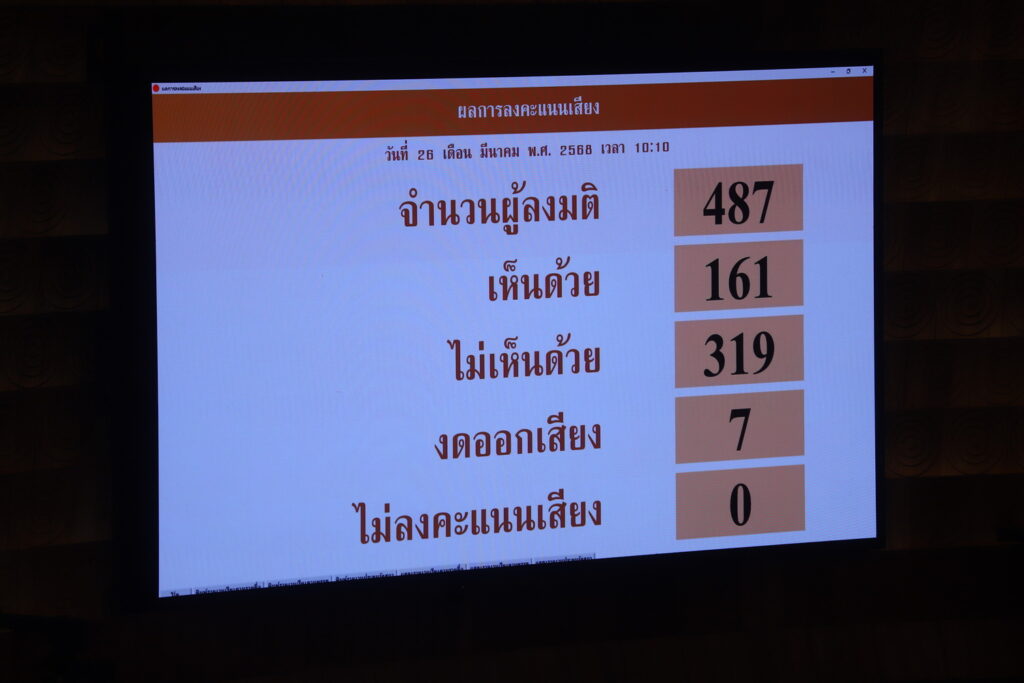A pivotal anniversary has arrived as February 24, 2025 marks the third year since Russia’s full-scale invasion of Ukraine began. Across cities and towns, Ukrainians continue to endure, resist, and recalibrate their lives in the shadow of a brutal conflict that has tested the nation’s unity, courage, and endurance. What Kyiv and its allies had anticipated as a rapid takeover instead unfolded into a protracted struggle defined by resilience, sacrifice, and an unwavering commitment to protect homes, families, and the fundamental right to freedom. This is not merely a timeline of events; it is a testament to a people who refused to yield in the face of an aggressive onslaught and who have kept faith with the international order that supports sovereign equality and national self-determination.
The third anniversary and Ukrainian resolve
The anniversary is more than a commemorative date. It is a stark reminder of Ukrainians’ daily realities—their capacity to mobilize, adapt, and sustain a nation under continuous pressure. For three years, the Ukrainian people have confronted overwhelming odds to safeguard their land, their state, and the rights that define a free society. They have faced relentless attacks, displacement, and the constant threat of renewed offensives, yet their resolve has remained unbroken. This enduring determination reflects a collective memory of a history that does not permit surrender, even when friendships and alliances are strained by the costs of war.
From the outset, the conflict did not arise solely from a single moment in 2022. It rests on a sequence of actions beginning in 2014, when Russia sought to seize control of Crimea and to occupy parts of the Donetsk and Luhansk regions. The international community viewed those moves as violations of Ukraine’s sovereignty and a breach of the UN Charter, setting a dangerous precedent for border changes by force. The failure to hold Moscow accountable at that juncture sent a message that impunity could become a catalyst for further aggression. When the move to 2022 came, Moscow expected Ukraine to collapse or to accept terms unfavorable to its freedom. Instead, Kyiv and its partners witnessed a steadfast national response—an unyielding determination to defend independence and territorial integrity at any cost.
Within the larger arc of these events, Crimea stands as a symbol of resistance, a beacon illustrating that Ukraine does not accept unilateral, forceful alterations of borders. This region’s resistance embodies a principled stance: borders are not to be altered by conquest, and the international community remains bound by norms that safeguard sovereignty. The Day of Resistance to the Occupation of the Autonomous Republic of Crimea and the City of Sevastopol, recognized on February 26, serves as a formal acknowledgment of that enduring commitment. The invasion, in its essence, was not merely about strategic concerns or geopolitical calculations; it was driven by a policy of conquest—an attempt to deny Ukraine its right to exist as a free and independent nation. That calculus has faced a prolonged counterforce from a nation determined to maintain its independence and to defend an order in which international borders are not subject to arbitrary revision.
As the conflict endures, the international community continues to witness Russia’s ongoing efforts to legitimize and expand its occupation of Ukrainian territory. The struggle of millions of Ukrainians living under temporary occupation remains a central concern, highlighting the imperative for robust humanitarian access in line with International Humanitarian Law. The humanitarian dimension is inseparable from the military and political contest: it reflects the reality that war inflicts widespread hardship on civilians and challenges of governance, necessitating a coordinated, principled international response that prioritizes protection, relief, and accountability for humanitarian access.
In the broader strategic landscape, Ukraine’s resilience has persisted even as Moscow builds and deepens alliances with other regimes, notably Iran and North Korea. This alignment is accompanied by escalations in threatening rhetoric and actions, including nuclear threats and attacks on critical sites such as the Chernobyl complex. The alarming pattern underscores the danger of a destabilizing chain reaction: actions intended to broaden Russia’s strategic reach and to intimidate neighboring states threaten regional and global security. The world has witnessed the troubling potential for nuclear-capable capabilities to be deployed in ways that terrify civilian populations and undermine the norms that have governed international conduct for decades.
Crimea, occupation, and the international legal framework
A recurrent thread through these developments is the central argument that Russia’s war is not about security calculations or legitimate geopolitical imperatives; it is about conquest and the denial of Ukraine’s right to exist as a sovereign, independent nation. The international order is built on the principle that borders should not be redrawn by force and that all states possess the right to determine their political status free from coercion. The ongoing contest over Crimea and other occupied territories underscores the enduring tension between power and principle. It is a reminder that the rules-based order matters precisely because it protects the dignity and sovereignty of nations against aggression, coercion, and attempts to rewrite borders through force.
This ongoing narrative also highlights the essential role of international law as both shield and standard. The commitment to humanitarian access in occupied areas must be realized in practice, with clear adherence to the obligations set forth by international humanitarian law. The moral and legal responsibilities at stake demand sustained international attention, not merely rhetorical condemnation. The European and global communities are called upon to translate their commitments into practical protections for civilians, ensuring that aid can reach those in need and that accountability mechanisms keep pace with the evolving nature of the conflict.
Geopolitical escalations and nuclear threats
The broader geopolitical dimension of the conflict involves Moscow’s deepening ties with other states, including Iran and North Korea, as Moscow seeks to reinforce its strategic posture. The intensification of nuclear threats, coupled with offensive actions against critical sites such as Chernobyl, paints a chilling picture of a government willing to escalate risk for strategic leverage. These developments serve as stark reminders that the war is not contained within Ukraine’s borders; rather, its reverberations extend into regional stability and global norms. The possibility of nuclear-tinged coercion is a disturbing signal that the norms against the use of weapons of mass destruction in conventional warfare are being tested, with consequences that would extend far beyond the immediate theatre of operations.
In this context, the international system must respond with clarity and resolve. The demonstrated willingness to threaten and potentially deploy nuclear capabilities against civilian populations is not merely a tactical threat; it signals a broader challenge to the architecture of deterrence and the protection of civilian life. The international community must reinforce its norms against the deliberate targeting of cities and the use of fear as a weapon, while simultaneously maintaining robust, credible defenses that deter further aggression. This combination—deterrence anchored in real security guarantees, allied unity, and sustained economic and diplomatic pressure—remains essential to preventing a further escalation and to preserving the norms that underpin global peace.
Peace through strength: deterrence, security guarantees, and diplomatic action
In the face of aggression, Ukrainians and their partners have consistently argued that peace achieved through weakness is not peace at all. Rather, sustainable peace derives from a framework of strength that ensures security for Ukraine and, by extension, for the rules-based order that has underpinned stability for decades. The most effective pathway to peace, in this view, is through unwavering support and concrete security guarantees from Ukraine’s allies. This involves continuing defensive aid that not only enables Ukraine to repel current attacks but also deters future ones by sustaining credible, credible deterrence.
Long-term security commitments from NATO and Western nations are viewed as essential signals to Moscow—that any further act of aggression will encounter overwhelming resistance. Economic and diplomatic measures must continue to isolate and weaken the regime that funds and sustains aggression. The strategic objective is to curb Russia’s ability to finance and sustain its war machine, which requires expanding sanctions and sharpening export controls to limit access to critical technologies. It also means harnessing the full potential of frozen Russian assets, exploring energy alternatives to reduce dependence on Russian energy supplies, and ensuring that energy markets are resilient and diversified to prevent any leverage gained through energy dependence from being exploited by aggressors.
This approach is not about punitive measures alone; it is about creating a sustainable international environment in which Russia has no room to maneuver without meaningful costs. The aim is to signal to Moscow that aggression will be met with a coordinated, comprehensive response that surpasses the costs of inaction. By reinforcing alliances, strengthening defense, and coordinating sanctions and diplomacy, the international community can create a credible path toward peace that is anchored in the protection of sovereignty, territorial integrity, and the dignity of states.
Violations of international law and the imperative to isolate
Since the start of Russia’s armed aggression against Ukraine in 2014, Moscow has violated more than 400 international agreements to which both countries are parties. Since 2022, it has ignored 22 fundamental international documents that underpin the rules-based world order. These facts are not mere historical footnotes; they are a record of sustained breaches that undermine trust and threaten collective security. In light of that history, there is a clear and urgent imperative for states and international bodies to continue a policy of isolation toward Russia. This is not a punitive whim but a strategic necessity to prevent further violations, protect civilians, and uphold the standards that have guided international relations since the Second World War.
The call to isolation is matched by a parallel insistence on accountability. Holding war criminals accountable and ensuring that those responsible for atrocities face legal consequences remains a cornerstone of not only justice but also prevention. The goal is to deter future aggressions by demonstrating that violations of international law will carry consequences. In this sense, sanctions, asset freezes, and targeted diplomatic measures are tools to enforce a normative barrier against the kind of recklessness that has characterized Russia’s actions for more than a decade.
The rules-based order and Ukraine’s central role in global stability
The broader purpose of these efforts is to protect a rules-based order that, for eight decades, has preserved peace and prosperity across the world. That order has endured through Cold War tensions, economic shocks, and political upheavals because free nations stood together to defend shared principles. Ukraine now stands on the frontlines of that order, defending not only its own sovereignty but also the principle that nations have the right to determine their destinies and that borders cannot be altered by force. The Ukrainian struggle thus transcends national boundaries; it is a global test of the resilience and relevance of the rules-based system.
Ukraine’s fight embodies a defense of fundamental norms: sovereignty, territorial integrity, and the right of people to live free from fear of occupation. It is a testament to the belief that the international community must remain vigilant and unified in upholding these rights, particularly in the face of attempts to rewrite history or redraw borders through violence. The broader implication is clear: the world must stand firm in support of Ukraine to safeguard the integrity of international law and to preserve the stability that has allowed nations to prosper for decades.
The path to a just and lasting peace: redlines, promises, and participation
Ukraine’s leadership has been explicit in its redlines and strategic aims. The country will continue to fight not out of hatred but out of love—for its homeland, its people, and a future in which children can grow up without the fear of bombs or occupation. The sacrifices of three years are not viewed as futile; they are seen as evidence that concessions lacking real security guarantees lead to a paused conflict that simply enables a renewed surge later. Therefore, Kyiv rejects any approach that signals a pause in fighting without securing enduring protections. The Ukrainian position is clear: there can be no “ceasefire” in the sense of a temporary halt that enables a military rebuild without guaranteeing lasting safety and autonomy. Instead, the framework of peace must be comprehensive, just, and lasting, designed to prevent a relapse into war.
A core principle of Ukraine’s strategy is insistence on not negotiating behind Kyiv’s back. The doctrine of “nothing about Ukraine without Ukraine” extends beyond national borders to include Europe as a whole, ensuring that any decisions affecting the continent involve active participation by Ukrainian voices and perspectives. An essential element of a just end to the war, as articulated by Ukrainian representatives, is the obligation on Russia to compensate for the damage caused, to hold war criminals accountable, and to provide robust security guarantees that deter future aggression. These elements are integrated into a comprehensive peace plan that prioritizes justice and steadfast protection of sovereignty.
The broader stakes: justice, accountability, and global security
The battle in Ukraine is presented not merely as a regional crisis but as a pivotal struggle for a world where laws count more than brute force. It is a battle for the long-established principle that sovereignty and territorial integrity are non-negotiable and that peace is not simply the absence of war but the presence of justice. The pursuit of a comprehensive, just, and lasting peace in Ukraine is viewed as the only pathway to deter future aggressors, to prevent the recurrence of similar invasions, and to reaffirm the principles that have preserved global stability for generations. The stakes extend far beyond Ukraine’s borders, touching the very foundations of international security and the stability of the global order.
A durable resolution, therefore, hinges on a robust, principled approach that aligns security guarantees with political and economic measures designed to isolate and weaken the aggressor regime. The cost of defending Ukraine today—through defense aid, diplomatic resilience, and economic sanctions—pales in comparison to the cost of defending democracy tomorrow if the world fails to act with sufficient urgency and resolve. The logic is straightforward: steadfast support for Ukraine’s defense, backed by credible guarantees and a comprehensive sanctions regime, strengthens the global architecture that protects all nations from aggression and coercion.
In closing, the Ukrainian perspective emphasizes a future in which peace is earned through justice, accountability, and unwavering commitment to a rules-based global order. The nation’s leadership has underscored that genuine peace requires far more than a pause in fighting; it requires enduring security assurances, reparative accountability for the damage inflicted, and a firm commitment to safeguarding sovereignty and human dignity for all states. The world must stand firm: the defense of Ukraine today is a defense of democracy, rule of law, and the architecture of international peace that has endured for eight decades.
Viktor Semenov is Chargé d’Affaires a.i. of Ukraine in the Kingdom of Thailand.
Conclusion
The third anniversary of the full-scale invasion underscores a simple, unwavering truth: peace that is not rooted in justice, deterrence, and robust international cooperation will not endure. Ukraine’s steadfast resistance reflects a broader commitment to a world in which borders cannot be reshaped by force and where sovereignty remains inviolable. The path forward demands resilience, coordinated action, and principled leadership from the international community—defense aid that strengthens Ukraine’s capacity to deter aggression, long-term security guarantees to deter a return to act of conquest, and a shared resolve to isolate and pressure those who would so brazenly challenge the rules that have kept the peace for decades. The cause is not merely Ukrainian; it is a global effort to preserve the norms that protect every nation’s right to exist, to defend its people, and to aspire to a future free from fear and coercion. The world must continue to stand with Ukraine, uphold justice, and insist on a comprehensive, just, and lasting peace.



